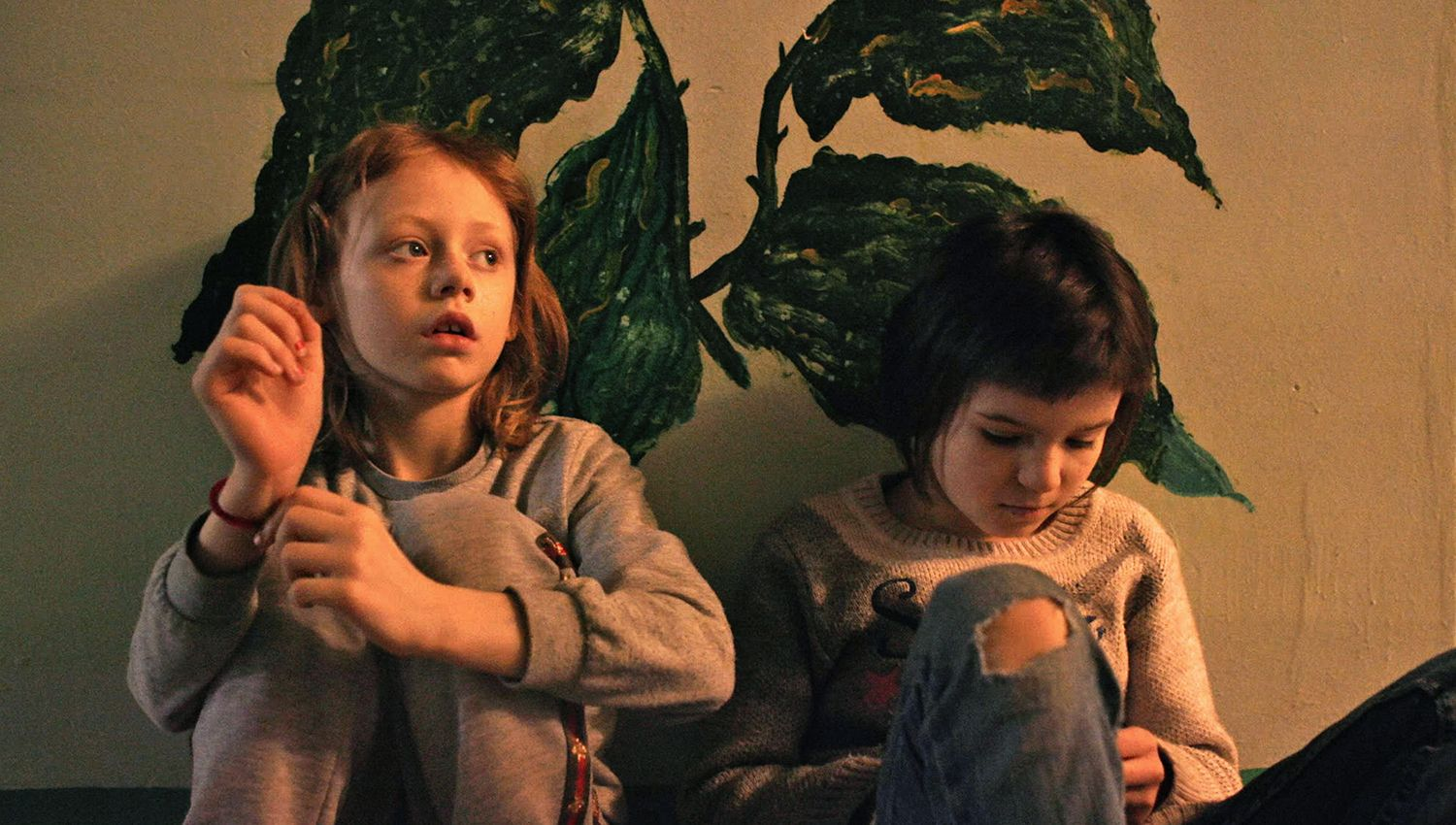More than a statuette: the struggle for recognition and the Oscar

Too much has been written about Aleksey Navalny in Ukrainian. I would not like to return to this topic again. However, this is not our choice. On the night of March 13, the Academy of Motion Picture Arts and Sciences will announce this year's Oscar winners, including the Best Documentary Feature Film Award.
This year, the Academy has nominated five films for this category. One of them, A House Made of Splinters, is about Ukraine: it tells the story of the Lysychansk orphanage during the Russian-Ukrainian war before the full-scale invasion. The list also includes a film about Russia, Navalny: the attempted assassination of a Russian politician.
Once again, Ukraine has to compete with Russia for the international community's attention. How did this happen, and what does it mean for Ukraine?
Nomination and selection of the winner
There are different nomination processes for different categories of awards. For example, we often hear about the Best International Feature Film category: the Ukrainian Oscar Committee nominates one film and notifies the Academy. Then, the committee of this category reviews the nominated movies and names five nominees.
The category for Documentary Feature Films is organised differently. Among the requirements are showing the film for a week in US theatres or winning at one of the other international festivals.

A House Made of Splinters was directed by Dane Simon Lereng Wilmont. Thanks to this, the film competed and won at Göteborg Film Festival in Sweden. This allowed the film to qualify for the Oscar.
Instead, Navalny, directed by a Canadian filmmaker, was released in American theatres. Initially, the film had not been planned to be shown in US theatres, but after the full-scale invasion began, interest in the film grew, and Warner Brothers bought the rights. The rights to screen A House Made of Splinters were sold to Giant Pictures only a month before the Oscars.
In addition, both films received awards from the prestigious American Sundance Film Festival. In the pandemic year of 2021, these awards would be enough to qualify. Unfortunately, this year, Sundance is not on the list of festivals that allow qualification for the Oscars.
After the producers submit their films, the Academy's Documentary Division reviews and votes on the shortlist and the list of nominees. The division members are mostly documentary filmmakers who have won Academy Awards the previous year. Getting into the division without an Oscar is possible - the executive committee can propose candidates to the Academy Board at its own discretion.
In the end, the final winner is chosen from the nominees. Not only documentary filmmakers vote, but all Academy members who have seen all five films.
Prediction and its reasons
Anne Thompson, a film industry observer, believes that the appearance of A House Made of Splinters among the nominated films was a surprise. In her opinion, the film has the slightest chance of winning, while Navalny has the most. The same assessment is shared by Variety magazine.
Why? Ukrainians have already learned that politics affects all spheres of life. The Best Documentary Film category is no exception. It appeared in 1942 as a tool for normalising relations between the Soviet Union and the United States against Nazi Germany and its allies. At that time, four films received the award at once:
- Prelude to War explained why the United States was involved in World War II.
- The Australian film Kokoda Front Line demonstrated the actions of Australian troops against Japanese troops in the Pacific Theatre of war.
- The American, The Battle of Midway, showed the actions of American troops at the same place.
- The Soviet film Moscow Strikes Back, about the battle for Moscow, became the first film from the USSR to win an Oscar.
Another ally, the United Kingdom, was "deprived" of the award and received it the following year. This is a kind of solidarity of the main allies through the film award.
About two-thirds of the Academy members are US citizens. They may have a negative attitude toward Russia and support Ukraine, but this will most likely not affect their attitude toward Russians. Instead, they will continue to see the Russians as the Other, which is both frightening and attractive. Aleksey Navalny personifies this idea.

The film not only tells a classic story about a hero who fights injustice but also offers an idealised image of the future. Moscow Strikes Back performed the same function. Therefore, the jury will most likely choose Navalny.
The meaning of victory
However, let's imagine a scenario in which A House Made of Splinters wins.
A broad audience still cannot see the film, as it is scheduled to premiere on March 9, so it is too early to talk about it as an artistic work. Whatever this film is, its victory will be a breakthrough for Ukraine. It will again demonstrate a simple truth that many foreigners still find difficult to recognise: Ukraine has sovereignty and is an equal member of the international community.
What will Navalny's victory mean?
On the one hand, it will be another ritualistic repetition of the fact that Navalny is the only alternative "leader" after Putin's Russia. On the other hand, at the moment, the likelihood that someone from Putin's inner circle will take his place is much higher than in the revolutionary scenario in which Navalny is released.
On the other hand, the film's victory should draw additional international attention to the Russian politician's imprisonment.
Since the beginning of the full-scale invasion, Russia has illegally abducted thousands of Ukrainian civilians and is silent about their whereabouts. The Russian opposition is disproportionately devoted to defending Navalny than the thousands of abducted Ukrainian citizens.
So the question is whether the film's victory will make sense.


